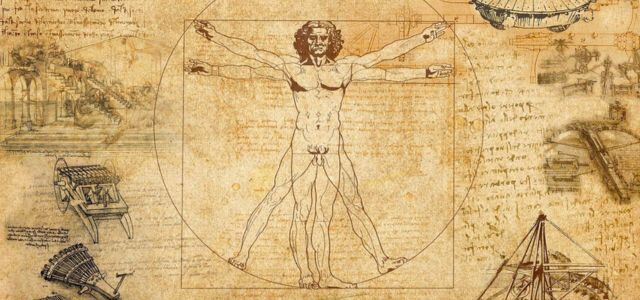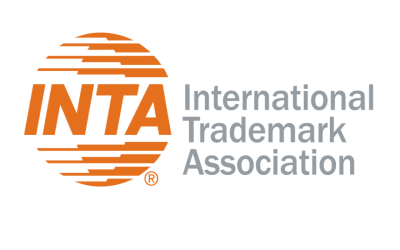The legal battle continues between the Italian museum Gallerie dell’Accademia in Venice and the German toy manufacturer Ravensburger.
Ravensburger still refuses to pay for the right to reproduce one of Leonardo da Vinci’s most famous drawings – the Vitruvian Man – on one of its puzzles, despite the museum having sued the company before the Court of Venice.
Indeed, in 2022 the Court of Venice – in applying the provisions in the Italian Cultural Heritage Code on the reproduction of cultural goods owned by the Italian State (Arts. 107 et seq.) – found that Ravensburger had unlawfully used the work’s image for its own commercial purposes. In Italy, cultural goods owned by the State cannot be reproduced without first obtaining administrative authorization and paying reproduction fees to the museum that holds the good concerned – unlike other legal systems, in which the reproduction of cultural goods in the public domain is free. The Court of Venice’s order was followed by an opinion from the legal department of the Italian Ministry of Culture, which pointed out that the reproduction of a cultural good for commercial purposes without authorization and payment of reproduction fees – or in any case without sufficient supervision by the competent authority – could potentially cause damage to the State Treasury (danno erariale).
In the meantime, however, the legal framework has evolved. The Digital Library of the Italian Ministry of Culture recently published the 2022–2026 national plan for the digitization of cultural heritage – and the related guidelines for the acquisition, circulation, and reuse of reproductions of cultural goods in a digital environment clarify the applicable regulations. The Italian Ministry of Culture also adopted guidelines on how to determine the minimum reproduction fees due for commercial uses (ministerial decree of 21 March 2024). More recently, the Stuttgart Court found that Ravensburger has the right to reproduce the Vitruvian Man because, under German law, copyright does not apply to works in the public domain. It also found that Italian law was applied beyond national borders.
On top of that, a new rule under the Italian Copyright Law (which implements Directive (EU) 2019/790 on copyright in the Digital Single Market) stipulates that, upon expiry of the term of protection of a work of the visual arts (i.e., 70 years after the author’s death), any material resulting from an act of reproduction (including in digital form) of that work is not subject to copyright unless the material resulting from that act of reproduction is original in the sense that it is the author’s own intellectual creation (e.g., a photographic work). However, the rule is without prejudice to the provisions on the reproduction of artworks that qualify as cultural goods under the Italian Cultural Heritage Code, which continues to apply to reproductions and uses of Italian cultural heritage in the public domain.
Another factor to consider is that, in the field of visual arts, the circulation of faithful reproductions of works in the public domain contributes to the access to and promotion of culture and the access to cultural heritage. That said, faithful reproductions or mere reproductions of cultural goods make up the most current cases.
The mere act of digitizing a work of art (which certainly requires expert technical skills) does not constitute a creative and original work that, as such, would be protected by copyright. However, in Italy, commercial uses of reproductions of cultural goods must first obtain authorization from the museum that holds the goods concerned, and a fee must be paid to the museum for that use by the company selling the related products. Therefore, it will not be a surprise if, sooner or later, Italy challenges the Stuttgart court’s decision.

Written by Silvia Stabile
Of Counsel, BonelliErede
You may also like…
INTA files statement in intervention in EU case on the inherent distinctiveness of color combination trademarks
New York, New York—July 24, 2024—The International Trademark Association (INTA) has filed a Statement in...
Bytedance stumbles in Singapore: IPOS rejects TIKI trademark challenge
The social media giant Bytedance, owner of the ubiquitous TikTok platform, recently suffered a setback in Singapore....
TOUR DE FRANCE fails in the third stage against German fitness studio chain
At the end of June, the 111th edition of the Tour de France kicked off. June also saw the end of a dispute between...
Contact us to write for out Newsletter














